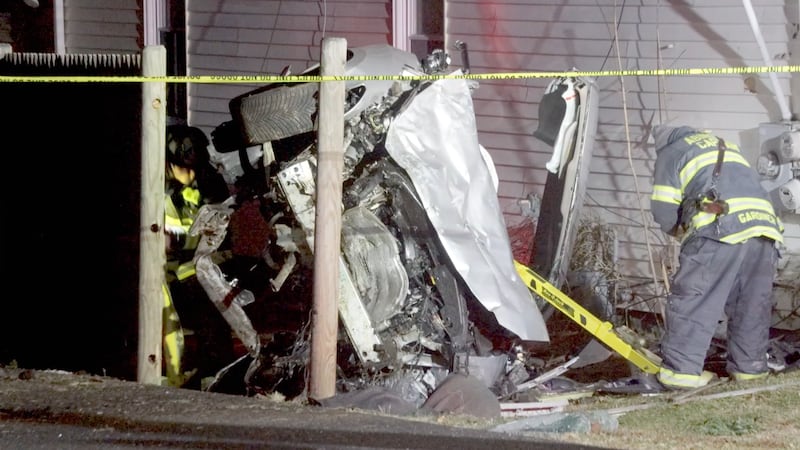ROCKINGHAM COUNTY, New Hampshire — The USDA has confirmed the presence of “highly pathogenic avian influenza” in Rockingham County, New Hampshire.
The samples were confirmed in a backyard flock of birds. The CDC says HPAI is a serious disease and requires rapid response because it is highly contagious and often deadly to chickens.
“The property was quarantined and birds from the flock euthanized... The birds will not enter the food system,” according to a statement from the NH Department of Agriculture, Markets & Food.
This is the first confirmed diagnosis of HPAI in domestic birds in New Hampshire. Other cases have recently been found in Maine, Connecticut, and New York.
“Avian influenza does not present a food safety risk; poultry and eggs are safe to eat when handled and cooked properly,” according to the NHDAMF. “No cases of this particular strain of the avian influenza virus have been detected in humans in the United States. According to the U.S. Centers for Disease Control and Prevention, recent detections of this strain of influenza in birds in New England and other states present a low risk to the public.”
Officials say they are working with federal officials on additional surveillance and testing in areas around the affected flock.
“It is highly recommended that anyone involved with poultry production—from the small backyard to the large commercial producer--review their biosecurity activities to assure the health of their birds,” according to the statement from the NHDAMF.
Best practices include:
· Discourage unnecessary visitors and use biosecurity signs to warn people not to enter buildings without permission.
· Ask all visitors if they have had any contact with any birds in the past five days.
· Forbid entry to employees and visitors who own any kind of fowl.
· Require all visitors to cover and disinfect all footwear.
· Lock all entrances to chicken houses after hours.
· Avoid non-essential vehicular traffic on-farm.
· After hauling birds to processors, clean and disinfect poultry transport coops and vehicles before they return to the farm.
· Report anything unusual, especially sick or dead birds, to NH Dept. of Agriculture, Markets & Food, Division of Animal Industry, 603-271-2404
Download the FREE Boston 25 News app for breaking news alerts.
Follow Boston 25 News on Facebook and Twitter. | Watch Boston 25 News NOW
©2022 Cox Media Group






